
Childcare Issues & Returning to Work: Does the FFCRA Still Apply?
As if there wasn’t enough confusion around the Families First Coronavirus Response Act (FFCRA) during the COVID-19 quarantines, employees may further confused about where they stand as their places of employment reopen. We’ve put together a series of questions and answers to help employee understand their rights as they are called to return to work.

More on ADA Protections in the COVID-19 Workplace
Though returning to work may be the only option for most as the country reopens, employees with existing physical or mental disabilities and medical conditions do have other options. These employees can request reasonable accommodations under the Americans with Disabilities Act (ADA), and the ADA provides job protection for such requests. Employers cannot legally fire, cut hours, or cut pay as a response to a reasonable accommodation request.
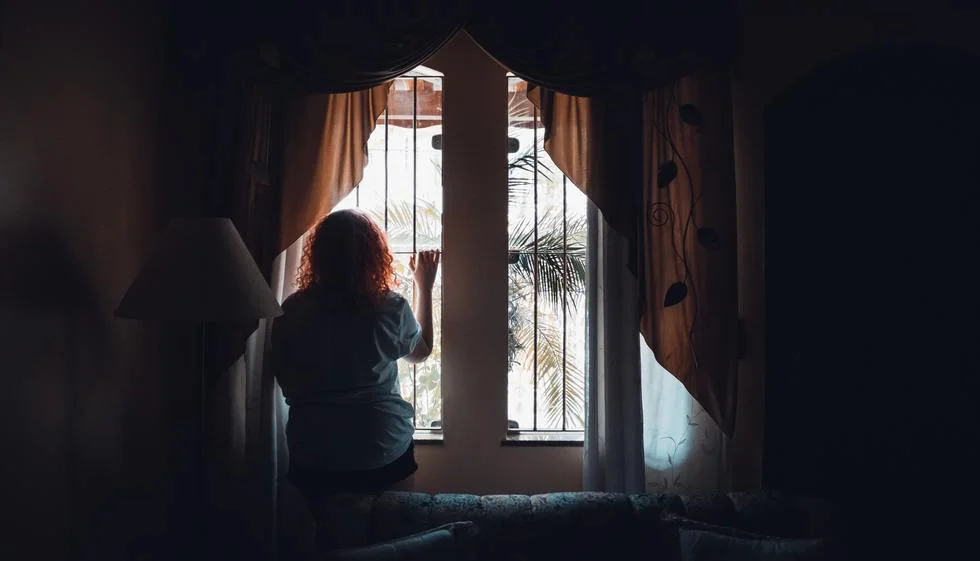
No Job Protection for Older Workers Still Under Quarantine? Seriously, Georgia?
The Governor’s April 30th Executive Order extended quarantine for high-risk individuals through June 12, 2020. It’s commendable that there is concern for the health of high-risk Georgia residents, but where is the concern for their jobs?

Is Bankruptcy the Right Move for You?
We have heard from clients who are experiencing financial difficulties because of the economic impact of COVID-19 quarantines and business closings. Hardworking people are suddenly finding themselves without a job and without the ability to pay their mortgages, car notes, and other obligations.

COVID-19 May Trigger Accommodations for Employees with Disabilities
The Equal Employment Opportunity Commission (EEOC) has issued new guidelines around COVID-19 for employers to follow. The revised guidelines explain how the Americans with Disabilities Act (ADA) applies in situations when an employer knows a returning employee has an underlying medical condition that puts them at higher risk of COVID-19, but the employee doesn’t ask for an accommodation.

Should Companies Face Civil Liability if Workers or Customers Contract COVID-19?
In a sign that COVID-19 continues to be politicized, the question of whether companies should be held liable if employees or customers contract the virus on their property has resulted in two polls – that show opposite results.
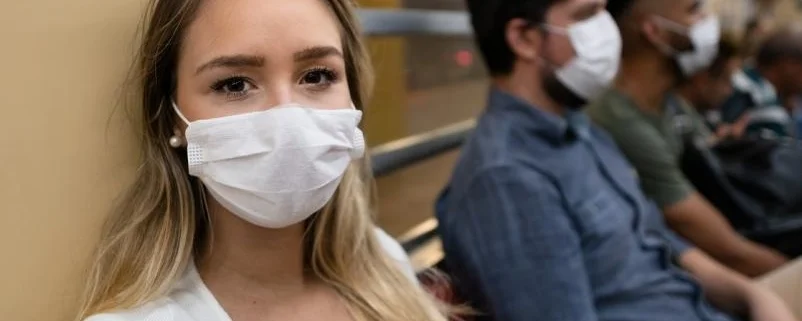
How to Help Your Community During The COVID-19 Crisis
The people of Alabama are committed to helping the vulnerable segments of the population during the Covid-19 pandemic. How to help your community during the COVID-19 crisis. Many individuals and groups in the state are also coming together to support healthcare workers as well as struggling local businesses in a variety of ways. If you are in a position to help, Alabama offers numerous opportunities to extend your support and put your money or energy to direct use.
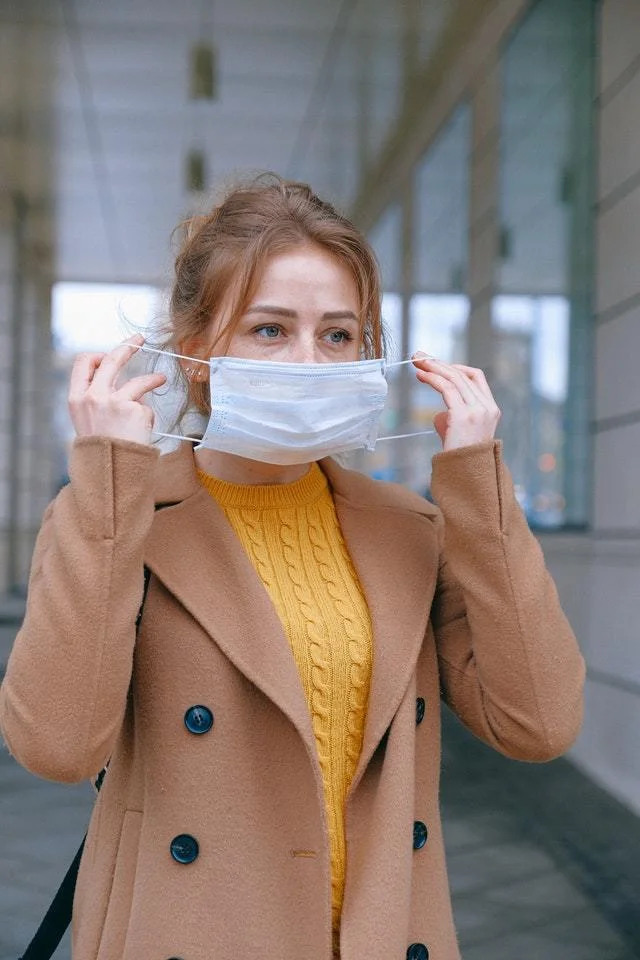
President Urges Return to Business; Employees Should Maintain Vigilance to Protect Themselves – Here’s Why
As President Trump urges states and companies to go back to work and cheers on protesters demanding a reopening of the economy, his administration is privately predicting a deeply worsening spread of COVID-19 and subsequent deaths.

Coronavirus Discrimination Concerns in The Workplace
The Covid-19 pandemic has not only disrupted businesses, caused millions of job losses, and forced many employees to work from home, but it has also created unique workplace concerns related to employee discrimination. Coronavirus discrimination concerns in the workplace. Many employees are wondering whether their employer is discriminating by asking them to take a reduced pay or laying them off.
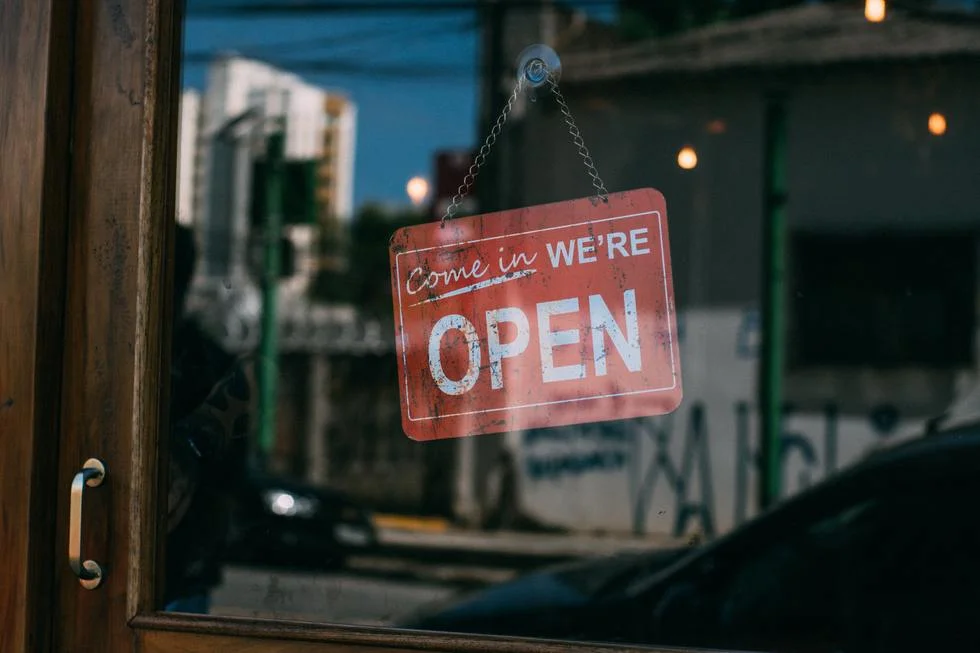
Preparing for Georgia’s Businesses to Reopen
In the interest of helping people prepare for Georgia’s businesses to reopen, we’ve put together some questions and answers we hope will be informative and educational for employees.

Am I an Employee or an Independent Contractor?
Business owners in Alabama, as well as anywhere else, are usually under pressure to reduce costs and maximize profits. Am I an employee or an independent contractor? Unfortunately, some employers choose to decrease expenses by inappropriately classifying their employees as independent contractors or salaried employees.

What the Paycheck Protection Program Means for Employers and Employees
Barrett & Farahany managing partner Amanda Farahany and employment defense attorney Todd Stanton have once again joined forces to bring both employers and employees important information about pandemic relief laws. This time, their collaborative article for Fulton County Daily Report sheds light on what the new Payroll Protection Plan means for everyone.

Further Clarification of the FFCRA for Employees
The Department of Labor has issued further clarification on the Families First Coronavirus Response Act (FFCRA for short – see our previous blogs with explanations about the FFCRA and a breakdown of the DOL’s initial clarifications). We’ve boiled down the additional questions and answers here, both to help employees know their rights under these new laws and to help them know when to call one of our attorney for help.

Important COVID-19 Work-from-Home Legal Issues
The coronavirus (COVID-19) pandemic has led to a situation where a large number of employers are encouraging employees to work from the safety of their homes, provided the nature of the job allows for working remotely. Important COVID-19 Work-from-Home legal issues.
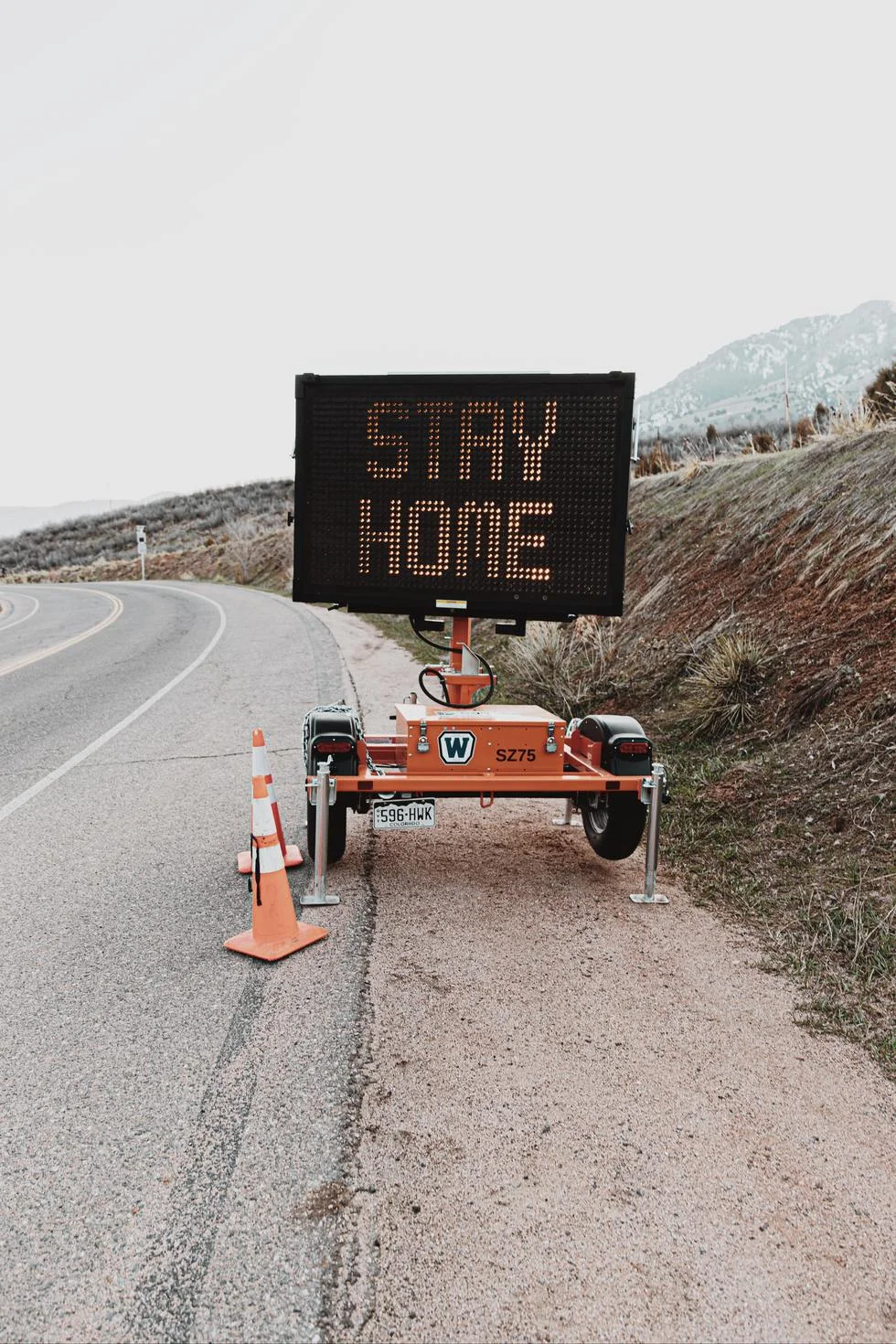
April 3rd Shelter in Place Order – What’s Changed?
As of 6PM tonight, April 3rd, Governor Kemp has issued a new Shelter in Place order that supersedes his March 23rd Shelter in Place order and all local orders that were previously in place. Although the new order imposes misdemeanor charges on violators, it’s remarkable that it has substantially fewer restrictions than orders that were in place in metro areas like the city of Atlanta.

Families First Coronavirus Response Act goes into effect today, April 1, 2020 – what does it mean for employees?
The Families First Coronavirus Response Act (FFCRA) goes into effect today. We’ve compiled some questions and answers that the Department of Labor has addressed, and we’ve boiled them down so you know what your rights are and what steps you can take to protect yourself and your family during the pandemic.

What Is the Time Limit for Filing an Employment Discrimination Claim in Alabama?
A precursor to filing a discrimination case in court is the state administrative agency to accept charges of discrimination. What is the time limit for filing an employment discrimination claim in Alabama? But Alabama does not have this regulatory agency, unlike a majority of other states. To be able to file a discrimination claim in Alabama, the petitioner will need to file a sworn charge of discrimination with their local EEOC (Equal Employment Opportunity Commission) office.

Help for Employees Affected by Coronavirus/COVID-19!
Through December 31st, 2020, the FFCRA will do 2 main things for employees: Emergency Paid Sick Leave and Expansion of Family Medical Leave Act.
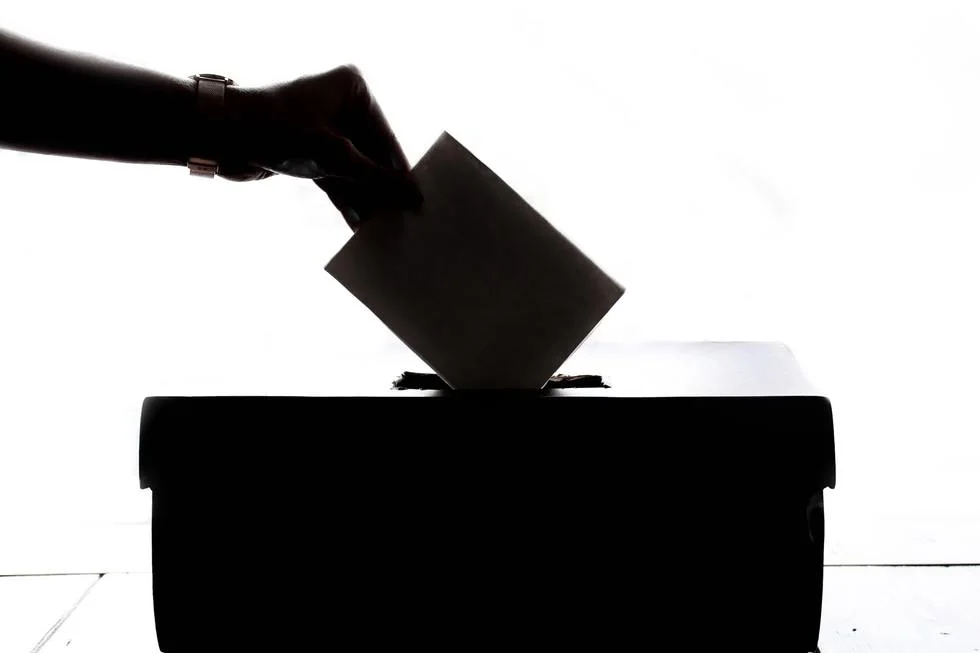
We did it! HB 1121 is up for a vote on March 12!
Your calls and emails helped us get Sexual Harassment Bill HB 1121 to committee on March 10th and now to a vote on March 12th – the support for this bill has been AMAZING!

WE STILL NEED YOUR HELP TO GET HB 1121 PASSED!
KEEP THE SUPPORT COMING, WE STILL NEED YOUR HELP TO GET HB 1121 PASSED!

Understanding Cultural Differences in The Workplace
Understanding cultural differences in the workplace. The typical modern workplace comprises employees from diverse cultural backgrounds and belief systems, which are distinct from those of a majority of their colleagues as well as the top management in many cases.

Gender Discrimination | Protection Under Title VII
Following Title VII of the Civil Rights Act of 1964, incredible strides have been made furthering gender equality in the workplace. Thanks to the female pioneers who dared to open doors barricaded by society, today’s women have more opportunities than ever before.
Though we have seen more w…

FMLA Rights | What You Need to Know
It’s no secret that employees need to take days off or work from home to recover from an illness from time to time. Not only do sick employees pose a threat to the overall health of the workplace, but sick employees tend to be far less productive when they force themselves to push through an ai…

What You Need to Know About Sexual Harassment in the Workplace
In the past few years, more reports of sexual harassment have been brought to light than ever before. With the help of the #MeToo movement in 2017, women across the globe rose in solidarity to share their experiences of sexual harassment in the workplace.
Unfortunately, not everyone has acce…

